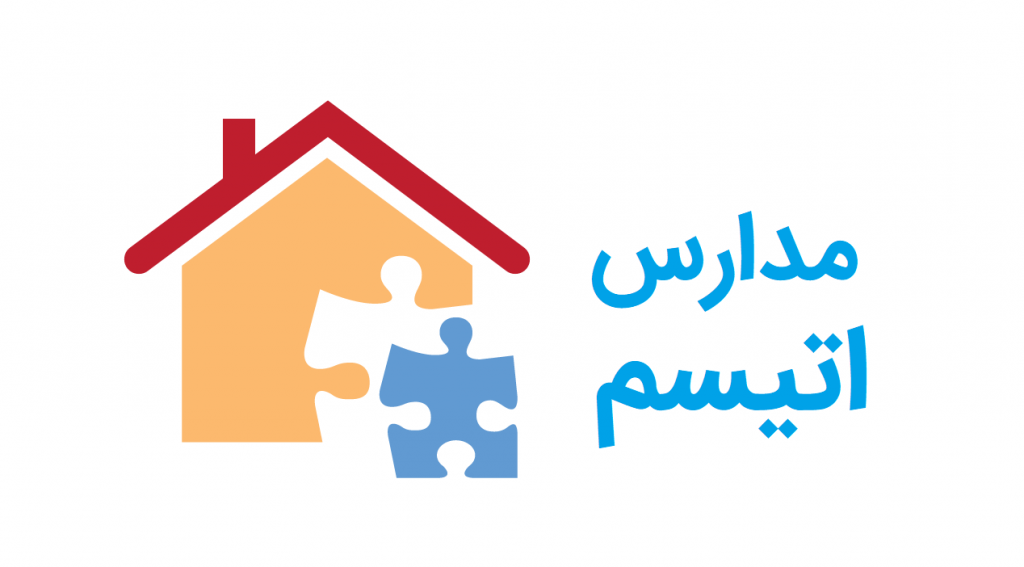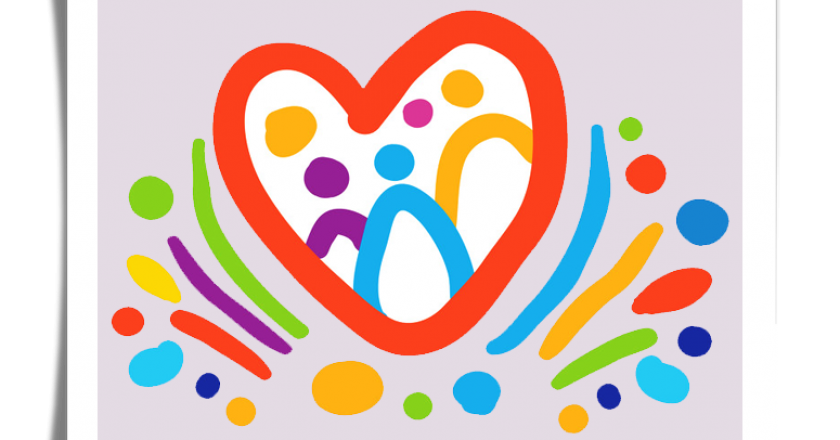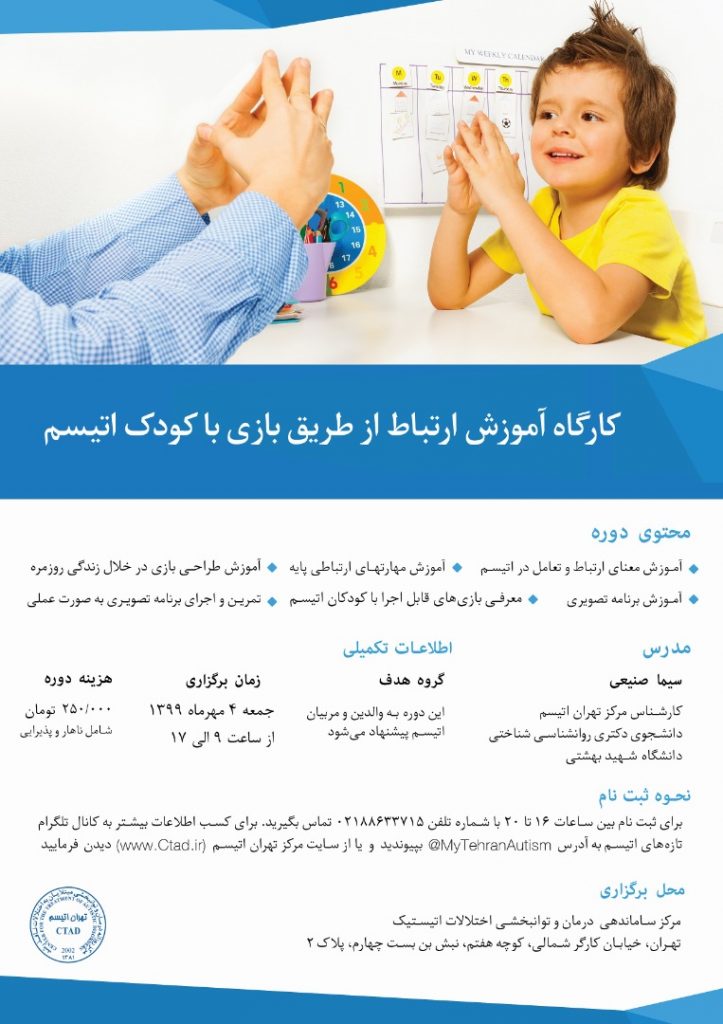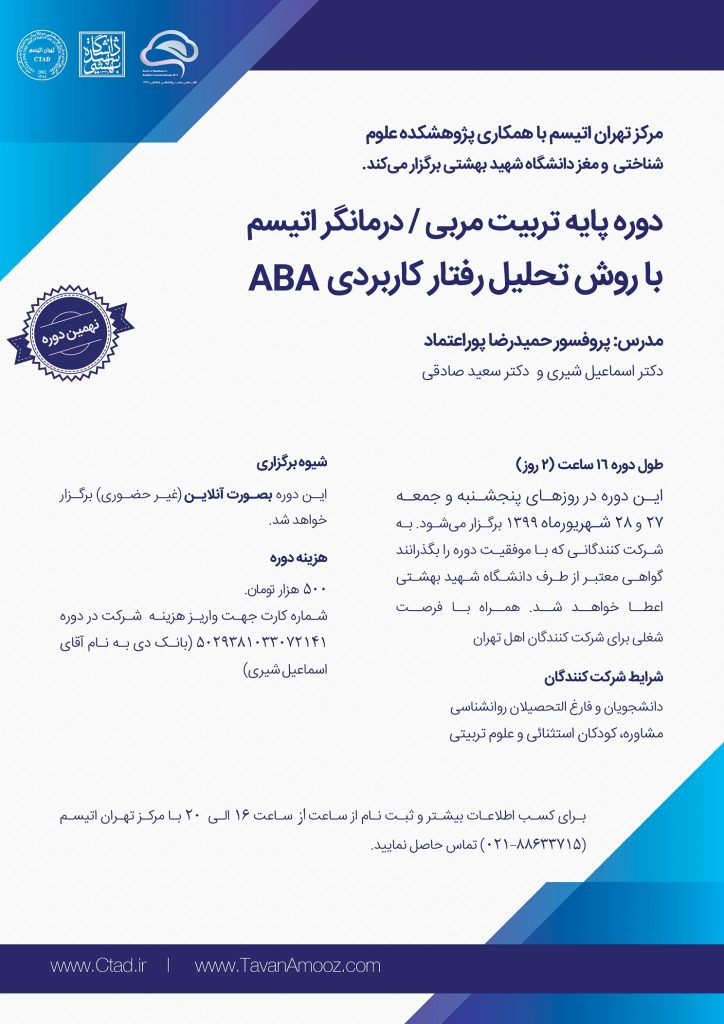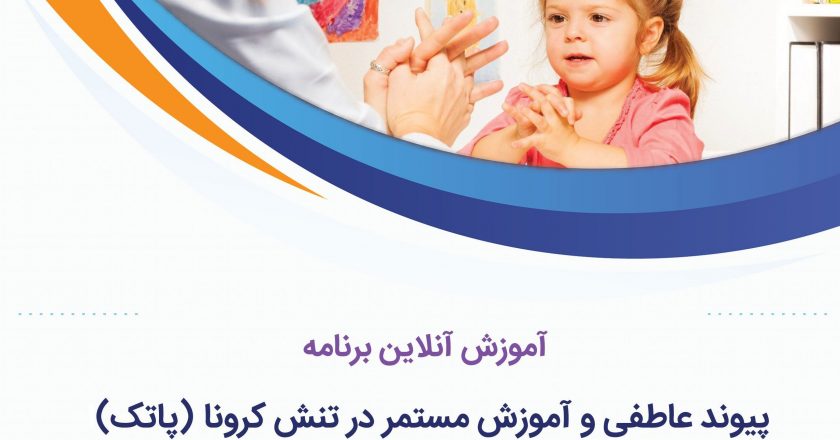به گزارش گروه علمی دانشگاهی خبرگزاری فارس، علی مسافر با ارسال یادداشتی به برخی از چالش های بنگاه های اقتصادی در مورد بازاریابی پرداخت که در ادامه متن آن را می خوانید.
یکی از چالشهای هر بنگاه اقتصادی بازاریابی است. به بیان ساده، هر بنگاه فروش کالا یا خدمات، برای جلب توجه یا نگاه مشتریان از ترفندهایی استفاده می کند تا در فرصتی کوتاه، محصولش را به مصرف کننده معرفی نماید و او را مجاب به خرید یا استفاده کند. ترفندهای بسیار متعددی برای جلب توجه مشتریان وجود دارد. حتی یک علم تحت عنوان نورومارکتینگ (neuromarketing) شکل گرفته است که سعی دارد رابطۀ متقابل مغز خریدار و بازار را با فناوریهایی مثل ردیاب چشمی بررسی کند و ترفندهای جدید بازاریابی را ایجاد نماید.
یکی از ترفندهای نسبتا شناخته شده، دستکاری افکار و احساسات مردم (حس ترحم، ترس و …) است تا توجه و نگاه مشتریان جلب شود. از آنجا که در این ترفند هیجانات درگیر هستند، تفکر نقاد (ارزیابی واقع بینانه) تضعیف می شود و مشتری به آسانی تحت تاثیر تبلیغ قرار می گیرد. به اینگونه ترفندهای بازاریابی، به خصوص اگر هیجانات منفی (مثل ترس، نگرانی، خشم و …) تحریک شوند، ترفندهای کثیف بازاریابی (dirty marketing tricks) می گویند، البته این نوع ترفندها بسیار متنوع هستند.
در تاریخ ۲۹ شهریور ۱۳۹۹، نمونه ای از ترفندهای کثیف بازاریابی، توسط فردی در کسوت کارشناس توانبخشی رخ داد، که شرح آن می تواند آموزنده و پیشگیرانه باشد: ساعت ۱۳، همین روز، یکی از مراکز پرسابقۀ اتیسم مطلع شد که در صفحۀ اینستاگرامی یک کارشناس توانبخشی صدای مادر یک کودک اتیستیک به اشتراک گذاشته است. ایشان چندی پیش به این مرکز مراجعه کرده بود. در زیر این اعلان (post)، بلافاصله چند پیام از طرف دستیاران یا همکاران صاحب صفحه گذاشته شد. بلافاصله، این اعلانها در سایر کانالها و از جمله کانال والدین کودکان اتیستیک به اشتراک گذاشته شد. به سرعت تعداد دنبال کنندگان (followers) افزایش یافت. حدود ساعت ۱۷، مسوول فنی مرکز اتیسم، نظری (comment) در صفحه مربوطه گذاشت و گفت: که با مادر کودک تماس گرفته و وی گفته که فقط با آن کارشناس توانبخشی مشورت کرده، ولی مجوز پخش صدایش را نداده است. در همین پیام مسوول فنی تذکر داد که به خاطر سوء استفاده، نشر کذب و افترا به مرکز، به مراجع ذیصلاح مراجعه خواهند کرد. همچنین به صاحب صفحه فرصت داد تا ساعت ۲۴ عذرخواهی کند. پس از این اعلان فرد خاطی اعلام کرد که از پدر کودک مجوز پخش صدا را گرفته است! مرتباً هیجانات بر فضای اعلان و نظرات قالب شد. رفته رفته بر منتقدان این صفحه افزوده شده و افرادی که در ابتدا میدان داری می کردند، ساکت تر شدند.
در این میان، عکس تمامی نظرات همسو با صاحب صفحه، به صورت وضعیت (story) ارائه می شد و در مورد نظرات مخالف، با یک متن اضافه شده روی عکس، به تخریب و تحریک بیشتر می پرداخت. در این میان، کالا (کتاب) و خدمات این کارشناس مکرراً تبلیغ میشد. به علاوه، هر کس که می خواست زیر اعلان پیام بگذارد، حتماً باید صفحه را دنبال (follow) می کرد. بدین ترتیب، تعداد دنبال کنندگان به سرعت افزایش یافت. این وضعیت تا ساعت ۲۱:۱۵ ادامه یافت. او در پایان با ایجاد یک وضعیت که مدت کوتاهی روی صفحه بود، کارش را خاتمه داد. او با بی شرمی نوشت: ۲۵ ذخیره (save)، ۲۵ ارسال (send)، ۱۰۱ نظر، ۲۸۴ پسندیدم (like) و نزدیک به ۲۰۰۰ نفر بازدید. یعنی “دیده میشویم”. صدای مادر نیز پس از دقایقی به صورت کامل از صفحه پاک شد و دسترسی به صفحه ایشان برای تمامی افرادی که نظر مخالف داشتند، مسدود (block) گردید. این اقدام چه نتایجی داشت:
۱. ظرف چند ساعت تعداد بازدیدکنندگان از چند ده نفر به حدود ۲۰۰۰ نفر افزایش یافت. این یعنی یک موفقیت بزرگ از نظر بازاریابی و فروش. اما به چه قیمتی؟ به بهای استفاده ابزاری از صدای مادر یک کودک مددجو و احساسات حضار.
۲. معرفی کالا و خدمات، به عنوان منجی والدین در آن وضعیت اسفبار روانی. در یکی از وضعیت هایش نوشت: تیر اول به هدف خورد. چه تیری؟ به چه هدفی؟ برای چه؟ متاسفانه این پیام بدین معناست که این فرد فقط به سودجویی شخصی می اندیشد و احساسات دیگران و حتی اعتبار حرفۀ خودش برایش مهم نیست.
۳. افزایش سردرگمی والدین و ناامیدی آنها نسبت به خدمات آموزشی و توانبخشی و بدبینی نسبت به کارشناسان و متخصصین.
۴. فروپاشی اصول اخلاق حرفه ای: اگر اینگونه ترفندها، برخلاف اصول و مبانی اخلاق حرفه ای است، پس وظیفۀ انجمن های علمی و حرفه ای توانبخشی، مثل انجمن گفتاردرمانی این است که نسبت به این خطایا حساس باشند.
۵. اخلال در نظم و ارزشهای اجتماعی-فرهنگی؛ به خصوص اگر پلیس فتا، سازمان نظام پزشکی و شورای عالی فضای مجازی، برای مواجهه به این مورد و مواردی از این دست اقدام نکنند.
اما وظیفۀ مشترک رسانه ها، متخصصین، کارشناسان، مردم، متولیان حرفه های توانبخشی و ضابطین نظم و ارزشهای اجتماعی است که با این روشهای ناپاک در قبال آسیب پذیرترین قشر جامعه، یعنی مددجویان، مقابله کنند. والا، این روشها بزودی شایع خواهند شد.
منبع: +
